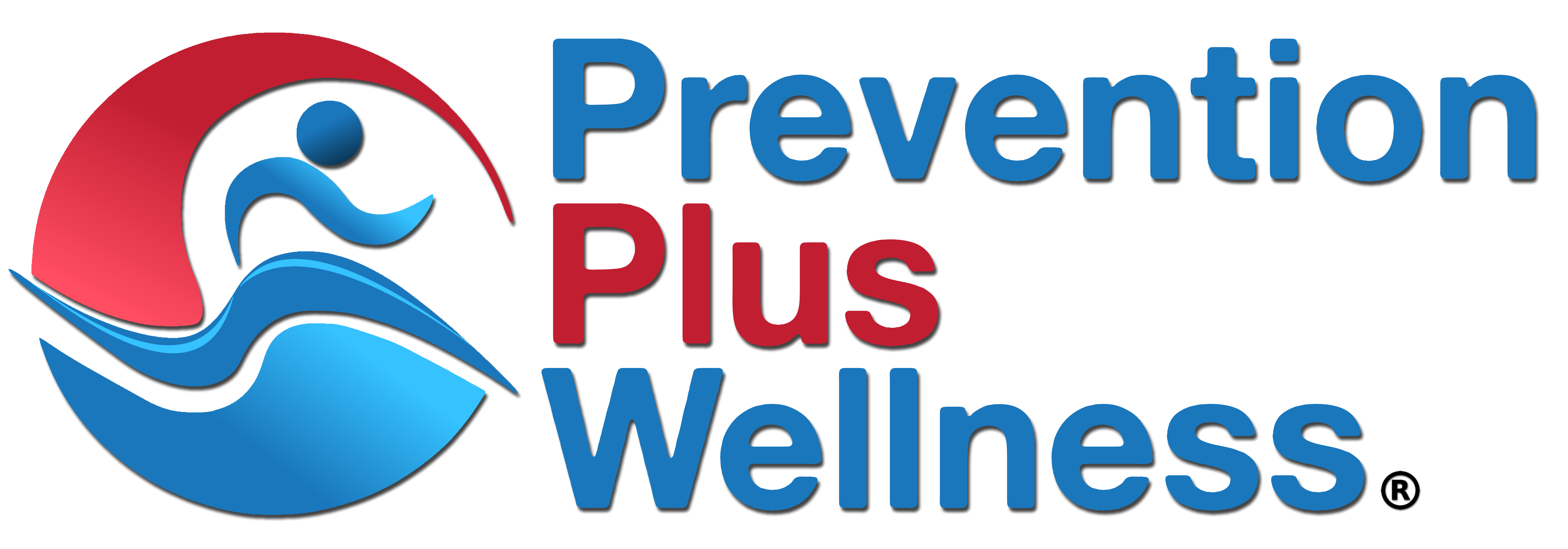Is marijuana the same thing as cannabis?
People often use the words “cannabis” and “marijuana” interchangeably, but they don’t mean exactly the same thing.
- The word “cannabis” refers to all products derived from the plant Cannabis sativa.
- The cannabis plant contains about 540 chemical substances.
- The word “marijuana” refers to parts of or products from the plant Cannabis sativa that contain substantial amounts of tetrahydrocannabinol (THC). THC is the substance that’s primarily responsible for the effects of marijuana on a person’s mental state. Some cannabis plants contain very little THC. Under U.S. law, these plants are considered “industrial hemp” rather than marijuana.
What are cannabinoids?
Cannabinoids are a group of substances found in the cannabis plant. The main cannabinoids are THC and cannabidiol (CBD). Besides THC and CBD, more than 100 other cannabinoids have been identified.
How do CBD and THC affect the body?
THC is the main psychoactive compound in marijuana. It's what makes people feel "high."
We have two types of cannabinoid receptors in our bodies. THC binds with receptors -- mostly in the brain -- that control pain, mood, and other feelings. That's why THC can make you feel euphoric and give you that so-called high.
CBD doesn't cause that high. Instead, it's thought to work with other elements in the body linked to feelings of well-being.
Are cannabis or cannabinoids helpful in treating health conditions?
Drugs containing cannabinoids may be helpful in treating certain rare forms of epilepsy, nausea and vomiting associated with cancer chemotherapy, and loss of appetite and weight loss associated with HIV/AIDS. In addition, some evidence suggests modest benefits of cannabis or cannabinoids for chronic pain and multiple sclerosis symptoms. Cannabis isn’t helpful for glaucoma. Research on cannabis or cannabinoids for other conditions is in its early stages.
Are cannabis and cannabinoids safe?
Several concerns have been raised about the safety of cannabis and cannabinoids:
- The use of cannabis has been linked to an increased risk of motor vehicle crashes.
- Smoking cannabis during pregnancy has been linked to lower birth weight.
- Some people who use cannabis develop cannabis use disorder, which has symptoms such as craving, withdrawal, lack of control, and negative effects on personal and professional responsibilities.
- Adolescents using cannabis are four to seven times more likely than adults to develop cannabis use disorder.
- Cannabis use is associated with an increased risk of injury among older adults.
- The use of cannabis, especially frequent use, has been linked to a higher risk of developing schizophrenia or other psychoses (severe mental illnesses) in people who are predisposed to these illnesses.
- Marijuana may cause orthostatic hypotension (head rush or dizziness on standing up), possibly raising danger from fainting and falls.
- The FDA has warned the public not to use vaping products that contain THC. Products of this type have been implicated in many of the reported cases of serious lung injuries linked to vaping.
- There have been many reports of unintentional consumption of cannabis or its products by children, leading to illnesses severe enough to require emergency room treatment or admission to a hospital. Among a group of people who became ill after accidental exposure to candies containing THC, the children generally had more severe symptoms than the adults and needed to stay in the hospital longer.
- Some long-term users of high doses of cannabis have developed a condition involving recurrent severe vomiting.
- There have been reports of contamination of cannabis/cannabinoid products with microorganisms, pesticides, or other substances.
- Some cannabis/cannabinoid products contain amounts of cannabinoids that differ substantially from what’s stated on their labels.
Can CBD be harmful?
There’s evidence that CBD may be harmful to some people.
Before the FDA approved Epidiolex (a purified CBD product) as a drug, studies were done to evaluate its effectiveness and safety. Some participants in these studies had side effects (mostly diarrhea or sleepiness), and some developed abnormalities on tests of liver function. Epidiolex also interacted with some of the other drugs these people were taking.
Problems like these can be managed in patients taking Epidiolex because they’re using CBD under medical supervision. People who use CBD on their own don’t have this kind of protection. They may not even know how much CBD they’re taking. A 2017 analysis of 84 CBD products sold online found that 26 percent contained substantially less CBD than the label indicated, and 43 percent contained substantially more.
Sources: https://www.nccih.nih.gov/health/cannabis-marijuana-and-cannabinoids-what-you-need-to-know
https://www.webmd.com/pain-management/cbd-thc-difference
Compiled by: Prevention Plus Wellness, LLC

